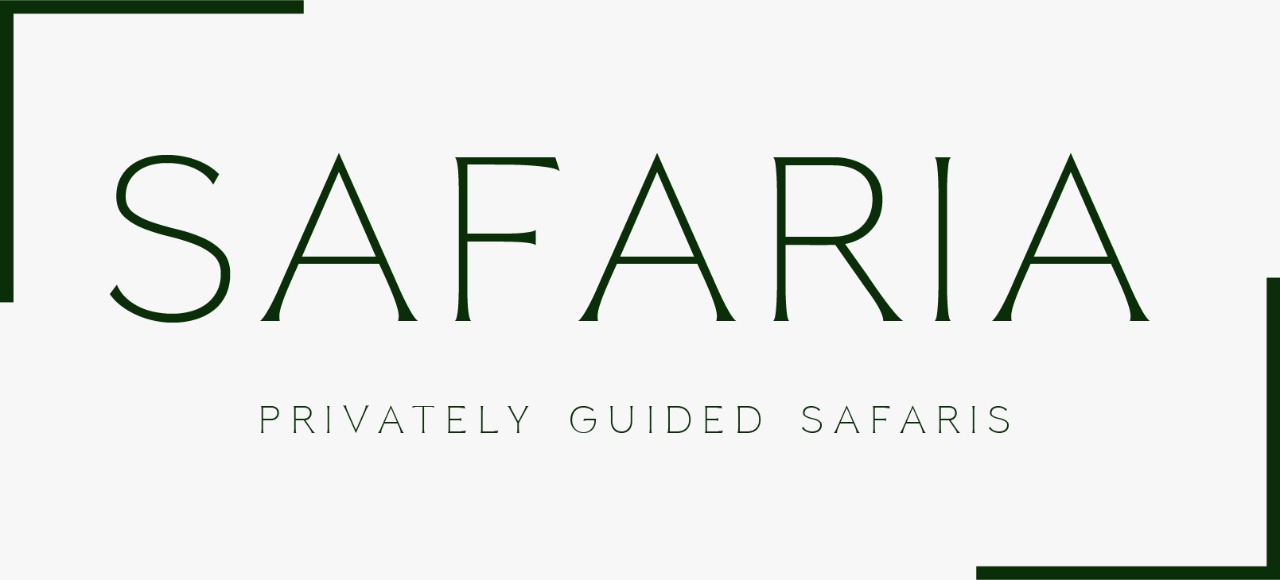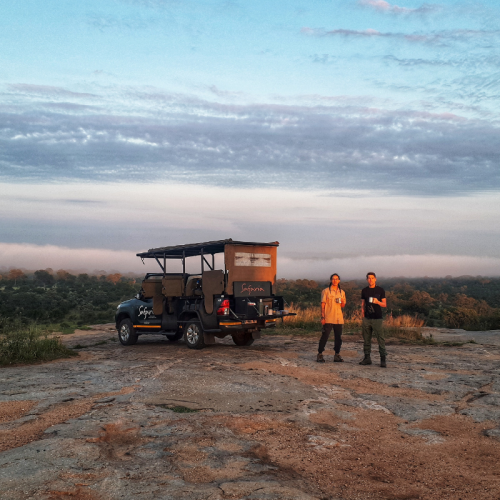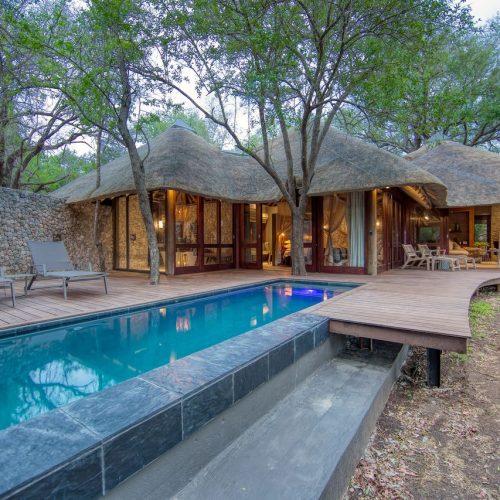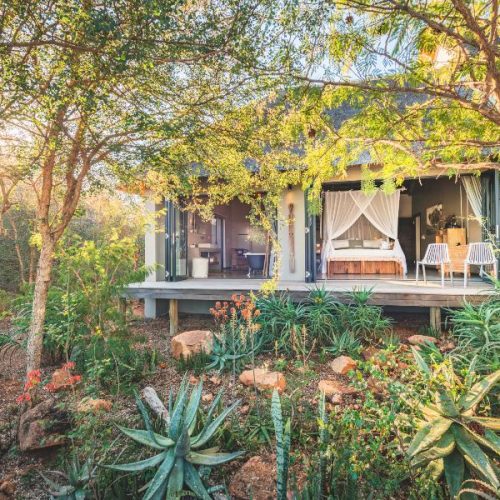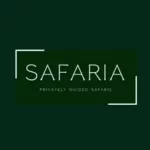private Kruger park safaris & TOURS
WILDLIFE | BIRDING | PHOTOGRAPHIC
Welcome to Safaria, let us introduce ourselves..
Safaria Privately Guided Kruger Park Safaris offers privately guided safari tours in the world-renowned Kruger National Park in South Africa. With its vast expanse of wilderness and abundant wildlife, the Kruger National Park is a must-visit destination for anyone looking to experience the beauty and diversity of Africa’s natural landscapes. What sets Safaria apart from other tour operators is their focus on providing personalised and flexible tours to suit the individual needs and interests of our clients. Led by well know Kruger Guide, Andrew Wagner, his tours offer an intimate and immersive experience of the park, allowing visitors to witness firsthand the wonders of the African bush and its inhabitants. From half-day tours to multi-day excursions, Safaria has a range of options to choose from, including customised tours tailored to specific interests such as birdwatching or photography. Whether you’re a seasoned wildlife enthusiast or a first-time visitor to Africa, Safaria is the perfect choice for an unforgettable and enriching safari experience.
Discover the Kruger National Park with Private Guide Andrew Wagner
You’re a step closer to booking your dream Kruger Park Safari. Here are a few guest favourites to get you started.
Private Kruger Park Safari Tours
What our guests say :
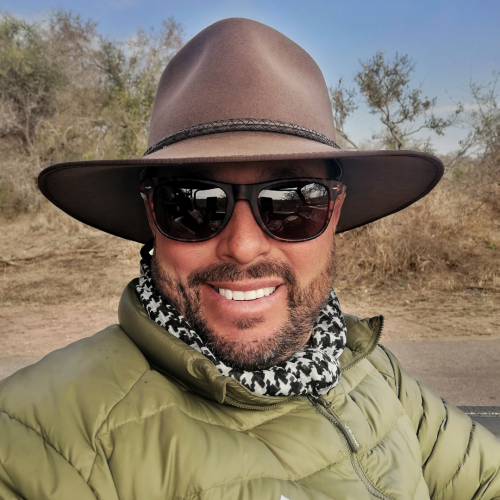
Blog
FAQ's
Planning a trip to the Kruger National Park can be a bit daunting if you doing it yourself but with the way travel Is changing and travellers wanting to plan their own trips, it can be simple and easy as long as you pick the right travel partners.
We are a boutique, family owned, Private Kruger Park Safari operator that takes what we do very seriously. Regarded as the “Harbingers” of Kruger Safaris we have changed the standards and raised the bar without raising the rates. For our client’s best interests we hold all the necessary certifications, insurances and affiliations to ensure transparency, commitment and intention. We don’t do offer the sausage machine approach but rather a personalised Private Kruger Safari experience that’s trusted and regarded as the premium Privately Guided Kruger Park Safari.
So, welcome to Safaria. We have personalised hundreds of Day and Overnight Kruger Park Safaris for our clients through personal experience have put together a few Frequently Asked Questions to help you better understand the destination. If you find there is something missing get in touch with us at hello@safaria.co.za and we’ll gladly help you with planning your Kruger Park Safari.
1. When is the best time to Visit the Kruger National Park ?
One of the most commonly asked questions is what time of year is the best time to visit the Kruger National Park. Of course anytime is the right time and that’s because our climate is temperate all year round and the reality is that because its not a zoo you can never guarantee any sightings…BUT.
Whilst you cant predict what the game is going to do, you can give yourself the best odds by being in the know of what the seasons do. Summer (October to April) is very hot with regular thunderstorms and as a result the bush is beautifully green and thick. This of course makes game viewing very difficult but on the other hand the conditions are wonderful and the savanna is bursting with life. There are regular sightings of most general game from antelopes to Elephants but Lion, Leopard and Cheetah are more challenging, as the grass is high. That said it’s an amazing season to experience with over 500 birds, all the flora in full bloom and the insects fill the airwaves.
Winter (May to August) is more bland in its color and the savanna is far less vibrant but the low rainfall and high visibility make for great game viewing as the animals are drawn to what water is available. This of course means the predators are in close pursuit and with vegetation you have a far better opportunity of seeing them.
2. What is the best duration to go on Safari in Kruger ?
The truth is that the more time you spend on Safari the better your chances are of seeing the Big 5. All our Safaris are Privately Guided aboard luxurious Open Safari Vehicles and our hand picked Guides will do their absolute best to get all the sightings your heart desires. That’s said, a Day Safari in Kruger wont offer you the kind of sightings a 2, 3, 4 or 5 Day Kruger National Park Safari will.
On a Day Safari in Kruger we recommend the Full Day Safari or Sunrise Safari and to be honest the chances are still pretty good that you will see 3 of the Big 5 but nothing will compare with spending 3 or 4 nights in the Kruger. Kruger National Park is so much more than just a place to view wildlife. The real Kruger experience lies in the destination itself. It offers guests the opportunity to explore a timeless savanna that has been protected for over 100 years. It’s the diversity of Eco-zones, the sheer magnitude of fauna and flora, the incredible views and look out and calm tranquility of its many wonderful camps.
So if you had to ask us we would suggest that you set at least 4 nights aside so that you could truly experience the vast wonderful of the beautiful destination.
3. What accommodation is available in the Kruger Park ?
The Kruger National Park offers guests a wide variety of accommodation options from a simple Safari Tent to a Bungalow, Family Cottage or the large Guest Houses. All of the accommodation provided for by Kruger is based on a self-catering basis and is considered 3 star. What Kruger lacks in stars though it makes up for in ambience and experience and there is no other nature reserve in Africa that will offer you the same level of infrastructure at such affordable rates.
Kruger National Park has 12 Main Camps spread across the length and breadth of its 20,000 square kilometers. Each one of these camps offers the traveller a well stocked Shop which offers a variety of groceries as well as basic household items and curio.
Apart from the Parks own accommodation, there are 7 privately owned concessions in the Park that offer guests a 5 star experience but at an increased overnight rate from $500pppn sharing upwards to $2800pppn sharing.
From experience we have our own preferences to which camps we use base don location, landscape, game viewing and access to amenities such as shops, curio and restaurants.
All of our overnight Safaris are personalised and whilst we have a basic outline for each safari, we can tailor make according to your preference.
4. What is the accommodation in Kruger Park like ?
Within the Parks 12 Main Camps, which are spread out across the length of the Park, each camp has accommodation that ranges from a basic Safari tent with on-suite bathroom to a Bungalow which can sleep 2 or 3 guests to family cottages that sleep 4 to 6 and then the Guest Houses which can sleep 6+ guests. The type of accommodation that we select for our clients will be based on the size of the group and each one offers a fully serviced unit with bed linen and towelling daily.
Our preference is to units with an on-suite bathroom, kitchenette, ceiling fan and air-conditioning. All bungalows have power and guests can charge devices. Also all of the main camps in Kruger have a shop which offer a wide variety of food, beverage and personal supplies. For the guests who prefers a quitter setting there are 5 Bushveld Camps in the Kruger Park that are spread out in the more remote regions of the Park. These are smaller camps that offer greater exclusivity with usually less than 20 cottages and the focus is on a more intimate Kruger Park experience. These bushveld camps also have the same Bungalows and Cottages as the larger camps but due to their size feel more private. They don not however have a shop or restaurant but are within an hour of most main camps.
New to the Kruger National Park is the Skukuza Lodge, which is based at Skukuza Camp. This is a 4 star hotel based inside Skukuza camp that offers all the regular amenities of your typical hotel. It is however smaller and more intimate and situated in such a way that you feel apart of the bush and not a busy hotel. A further addition is the new and unique Kruger Shalati Train Hotel which is a luxury 5 Star Train hotel with fixed cabins positioned on the old Shalati Bridge overlooking the Sabie River. This is a very unique and beautiful destination that is well worth the experience.
5. Where can you eat in the Kruger National Park ?
All of the 12 Main Camps in the Kruger National Park have a main sit down restaurant as well as take-away and a Park shop that has a wide variety of food and beverage as well as self-catering groceries which you can take back to your bungalow and prepare. There are also two outpost kitchens in the southern Region named Tshokwane and Afsaal, which offer a bush kitchen menu with local South African breakfast favorites.
All of the Main Camps restaurants have a menu which caters for breakfast, lunch and dinner and also provide a vegetarian option. The Park unfortunately does not cater for a Halaal option so this you would need to provide for yourself.
On our overnight Safari we include 2 meals a day as part of the itinerary with a 3rd meal being lunch as optional. We have found from experience that a morning coffee stop with biscotti and rusks (local dipping biscuit) along with a brunch stop around 10h00 and then dinner from 18h30 is usually the preferred option for guests exploring Kruger.
On our Day Safari is Kruger we will stop around 08h30 to 09h00 for breakfast and then 13h30 for lunch at one of the Camps or Outposts. Guests should budget on around R140pp for a full breakfast and cappuccino.
6. Can we bring our own food to Kruger ?
For guests who have booked a Day Safari they are most welcome to bring their own cooler box with food to picnic but no alcohol hos allowed to be brought in. For Overnight Safari Clients we can prepare a personal self-catered menu which we will prepare for you in Camp and you are allowed to bring alcohol in as well as purchase form the Shops inside the Park.
7. What is the best Photographic equipment to bring ?
This is very personal and would of course depend on what you have. We believe that any picture is better than no picture so what ever your level of photography make sure you bring what you have. Nowadays the photographic ability of most smart phones is exceptional and provides great landscapes, fairly good zoom images but is great for social media and telling your story as it happens.
We use a standard DSLR camera with two different lenses – 18mm to 55mm and a 70mm to 300mm. For optimal wildlife photography we would suggest a 100mm to 400mm lenses as this will provide great close up images as well as good landscape.
The most important reminder is to bring all the necessary charging equipment as you will be able to charge in your bungalows. We do also have USB ports on our Safari vehicle to charge phones and battery banks.
8. What kind of animals will we see in the Kruger National Park ?
The most important thing to remember about Safari is that its not about instant gratification. Safari is a journey through the wilderness and about connecting with nature and letting it evoke the senses. There are never any guarantees on what you will see and its important to remember that the Kruger National Park is not a Zoo. It’s a completely free and organic experience that is as unique to you as your own fingerprint. Nobody will have the same experience as you will.
That said the beauty of Kruger is its bio-diversity with incredible landscapes and diversity of flora and fauna. The Kruger National Park has 151 mammals, roughly 520 bird species, over 2,400 species of flora of which 263 are grasses alone. There are few places in Africa with such diversity and population sizes like Kruger.
On a Day Safari time is of course the limitation. The more time you spend in the bush the more will of course encounter but that doesn’t mean that you wont see any animals. On a Sunrise or Full Day Safari we will typically encounter a variety of antelope species that include Impala, Steenbok, Kudu, Waterbuck and then larger species such as Blue Wildebeest, Zebra, Giraffe, Buffalo, Hippo and Elephant. These are all fairly common with the following population sizes :
Impala 150 000
Kudu 10 000
Blue Wildebeest 15 000
Giraffe 12 000
Warthog 3 500
Hippo 4 000
Zebra 40 000
Buffalo 42 000
Elephant 21 000
Leopard 2 500
Lion 2 000
Spotted Hyena 7 000
The Kruger National Parks Rare mammal species include the following :
Cheetah 420
Wild Dog 400
Eland 250
Reedbuck 300
Nyala 400
Roan 80
Sable 500
Lichtenstein Hartebeest 80
Tsessebe 300
9. Do i need to take Malaria tablets ?
One of the most common questions is of course around the taking of Malaria prophylaxis. We do recommend that every guest consult their Doctor prior to travelling to Kruger. For more insights please refer to our BLOG on Malaria for greater insights and recommendations. https://www.safaria.co.za/malaria-in-the-kruger-national-park/
10. Is it safe on a Open Safari Vehicle in Kruger ?
Lets first start by saying YES it is safe!
There are so many videos across social media that create fear and anxiety but its not the norm and we have a clear history of safe safaris and we intend to keep it that way.
The simple truth is that even on a Open Safari Vehicle the wildlife does not recognize us and our human profile or scent because be are camouflaged by the vehicle and its mechanical scent. The purpose of a Open Safari Vehicle is not to showcase you as bait but to rather expose you and provide a deeper sense of connection with the environment whilst safely positioned on the vehicle. Your Safaria guide is an expert and has hundreds of hours of experience and will manage and control each situation and encounter. The goal is to expose you to the wildlife and interesting encounters and experiences without disrupting the wildlife and appreciating it for a safe and ethical distance.
It’s a safe, wonderful, free and liberating experience that will reconnect you with the surroundings from a safe environment. Apart from a walking Safari there is no better way to experience the African savanna and your will simply not have the same experience from a car or van.
Our Affiliations







